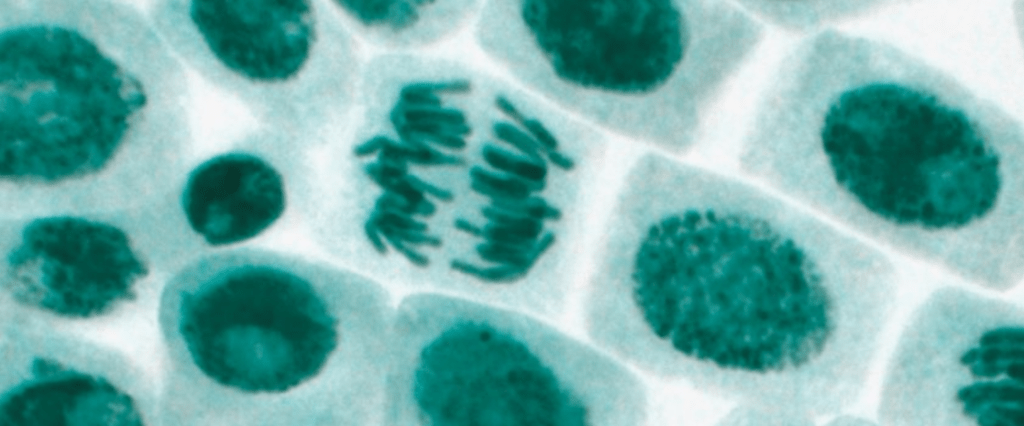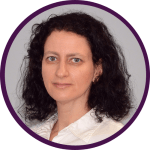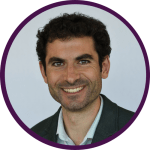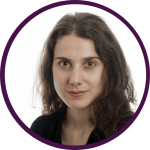Panel discussion: iPSC expansion and differentiation

This panel discussion, featuring experts from institutions across the world, will focus on the variations in methods as well as the challenges faced by scientists in this field of research. It aims to assess the current state of the field by discussing the many different techniques used in iPSC differentiation and expansion and will consider how these processes may evolve in the future.
This webinar was recorded on 17 September 2020.
What will you learn?
- The main techniques, technologies and materials currently in use
- The current challenges faced in the differentiation and expansion of high-quality iPSCs
- The future potential of iPSCs in therapies and other applications
- How the technologies and techniques used to manufacture iPSCs may evolve
Who may this interest?
- Graduate students, researchers and practitioners working in the multidisciplinary field of cell therapy and regenerative medicine
- Individuals with an interest in iPSC production and application
- Regenerative medicine investors
- Regulators/decision-makers/policy-makers in the stem cell and cell therapy fields
Panelists
 Inbar Friedrich Ben-Nun
Inbar Friedrich Ben-Nun
Senior R&D Manager for Cell & Gene Technologies
Lonza Pharma & Biotech (Basel, Switzerland)
Dr Inbar Friedrich Ben-Nun is a Senior Manager in Cell and Gene Therapy R&D at Lonza. Inbar obtained her PhD in Molecular and Structural Biochemistry at the Hebrew University of Jerusalem (Israel). As a postdoctoral fellow at the Scripps Research Institute (CA, USA), she acquired extensive experience with pluripotent stem cells. Her work published in Nature Methods showed for the first time that stem cell research could be applied to save species from extinction. Inbar joined Lonza in 2011, and in her current role she leads a team that focuses on developing innovative solutions to enable stem cell-based therapies.
 Philipp Nold
Philipp Nold
Infield Application and Stem Cell Specialist
Eppendorf AG, Bioprocess Center (Jülich, Germany)
After obtaining his diploma in Biology from the Karlsruhe Institute of Technology (KIT; Germany), Dr Philipp Nold successfully performed his PhD studies at the renowned University Hospital of Giessen and Marburg in Germany where he graduated in 2017. In his PhD studies he conducted research on the GMP-compliant production of human mesenchymal stem cells in bioreactors. Based on this work, utilization of these cells as a therapeutic agent was applied successfully. With this knowledge, he became an infield application and stem cell specialist for Eppendorf.
 Rodrigo Santos
Rodrigo Santos
Director of Cell Technologies
Mogrify (Cambridge, UK)
Rodrigo Santos is the Director of Cell Technologies at Mogrify Ltd. Mogrify is a Cambridge-based company aiming to transform cell therapy by the systematic discovery of novel cell conversions. He completed his PhD at the Stem Cell Institute, University of Cambridge, focused on the investigation of the biological mechanisms underlying the generation of induced pluripotent stem cells. Prior to Mogrify, Rodrigo was the Head of Technology at Bit Bio and Principal Scientist at Horizon Discovery (both Cambridge, UK).

Aurélie de Rus Jacquet
Université Laval (Québec, Canada)
Dr Aurélie de Rus Jacquet is a neurobiologist specialized in the study of glia-neuron interactions in Parkinson’s disease, and plant-derived medicines to treat neurodegenerative diseases. She completed a PhD in Medicinal Chemistry and Molecular Pharmacology at Purdue University (IN, USA), a postdoctoral training at Janelia Research Campus of the Howard Hughes Medical Institute (MD, USA) where she established an iPSC-based platform to study astrocyte-neuron communication via extracellular vesicles. Her current research at Université Laval is focused on elucidating mechanisms of blood brain barrier dysfunction in Parkinson’s disease using iPSC models.

